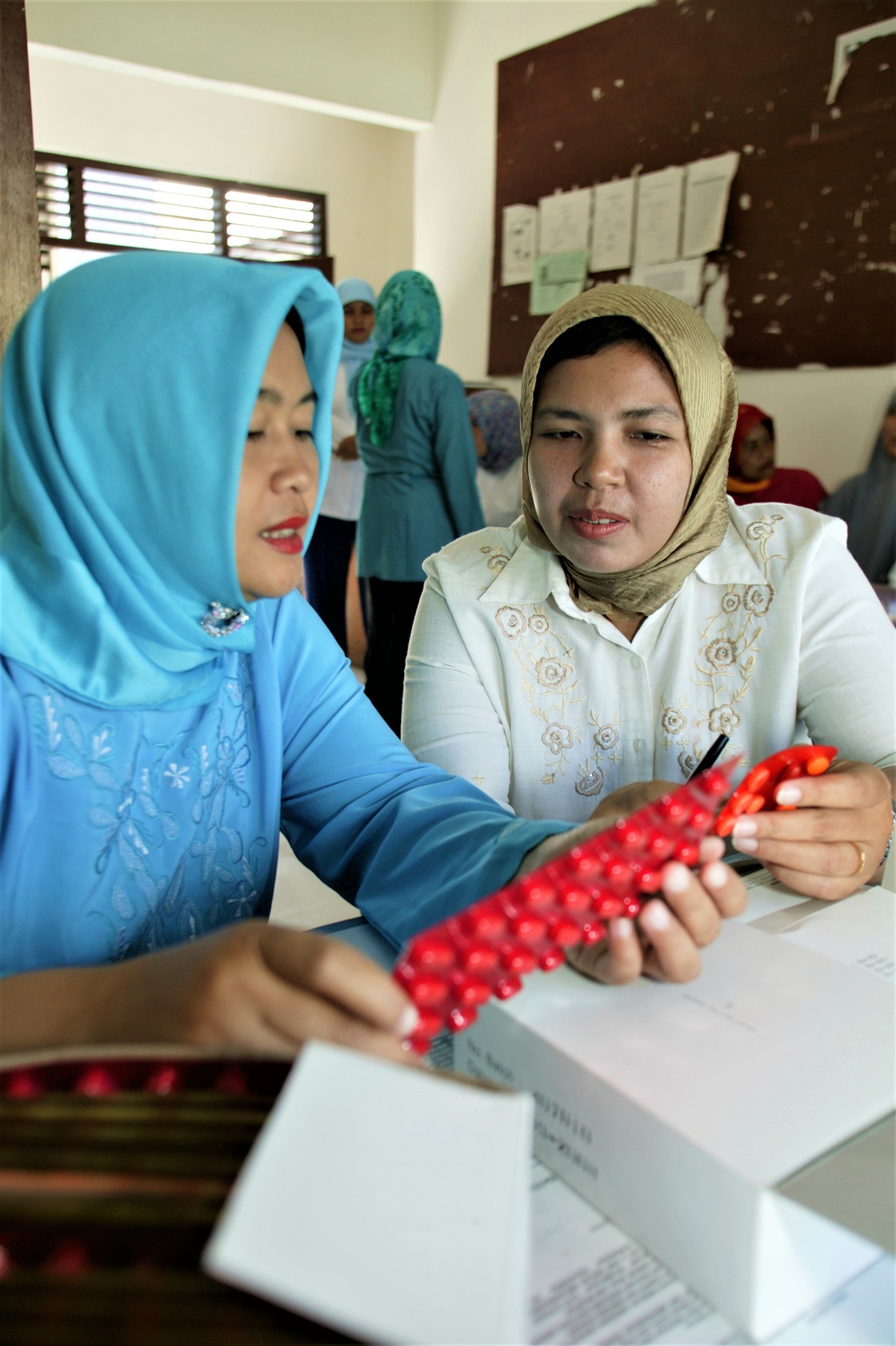
By Dr Poonam Khetrapal Singh, WHO Regional Director for South-East Asia
Antimicrobial resistance (AMR) continues to pose a significant challenge to global public health, with devastating effects on the efficacy of essential medicines and the ability to effectively treat infectious diseases. Several factors, including a high population density, limited access to healthcare services, and the misuse and exploitation of antimicrobials, make the South-East Asia region particularly prone to this threat.
AMR is directly responsible for approximately 1.27 million deaths annually worldwide, with current estimates placing the number of casualties in South Asia at 389 000. If no action is taken now, it is estimated that by 2050, ten million fatalities will occur annually on a global scale, costing the global economy a total of one hundred trillion dollars. By 2050, according to a report by the World Bank, antimicrobial resistance will be responsible for a decrease of up to 3.8% in global exports, a decrease of 7.5% per year in livestock production, and an increase of $1 trillion in healthcare-related costs.
Addressing AMR entails interdisciplinary collaboration that transcends geographical, professional, and disciplinary barriers. Therefore, our region has been taking proactive measures to combat AMR. In 2011, via the Jaipur Declaration on Antimicrobial Resistance, the health ministers of the region urged coordinated action against AMR. In 2014, the fight against AMR was elevated to Flagship Priority status. Since then, the World Health Organization (WHO) has been supporting Member States on implementation of AMR national action plans (NAPs) more effectively.
World Antimicrobial Awareness Week (WAAW) is commemorated with the aim of enhancing awareness and comprehension of AMR while promoting optimal practices among the public, multisector stakeholders, and policymakers. This year, the WAAW has been rebranded as World Antimicrobial Resistance Awareness Week by the Quadripartite organizations, which consist of the Food and Agriculture Organization of the United Nations (FAO), the United Nations Environment Programme (UNEP), the World Health organization (WHO), and the World Organization for Animal Health (WOAH). The inclusion of the term “resistance” in the acronym “AMR” more accurately characterizes the difficulty we address.
The theme of this year’s World AMR Awareness Week (WAAW) remains “Preventing Antimicrobial Resistance Together”, as in 2022. This theme emphasizes the need for collective efforts across many sectors to promote the responsible utilization of antimicrobial agents and enhance preventive strategies aimed at combating AMR. It underscores the importance of adopting a collaborative approach based on the One Health framework. One Health is the recognition and understanding that the health of humans, animals, and the environment are interconnected and interdependent. This holistic approach considers the health of all living beings and the ecosystems they inhabit as interconnected and mutually influencing. It is imperative to foster collaboration among many sectors and stakeholders involved in the domains of human, terrestrial, and aquatic animal and plant health, as well as food and feed production and environmental conservation. This collaboration should encompass effective communication, strategic planning, and concerted efforts towards shared objectives.
In order to maintain and expedite progress, it is imperative to strengthen multisectoral coordination, which facilitates the development and implementation of policies and regulations related to AMR. Collaboration among different sectors allows for the alignment of policies, regulations, and guidelines, ensuring consistency and coherence in approaches across sectors. It enables the harmonization of surveillance systems, antimicrobial stewardship programmes, infection prevention and control measures, and the regulation of antimicrobial use in human and animal health.
Preventing Antimicrobial Resistance is not a responsibility that can be borne by any one individual, organization, or country. It is a collective effort that requires our unwavering commitment. Let us use this week to reflect on the importance of collaboration, learn from one another, and renew our determination to tackle this multi-faceted challenge head-on.
We are at a critical juncture in our fight against AMR, and the choices we make today will profoundly affect the health and well-being of generations to come. Let us embrace this World Antimicrobial Resistance Week with a renewed spirit of cooperation and a firm resolve to preserve these critical medicines for the betterment of humanity and the planet.
Together, we can make a difference, and together, we can prevent antimicrobial resistance.
